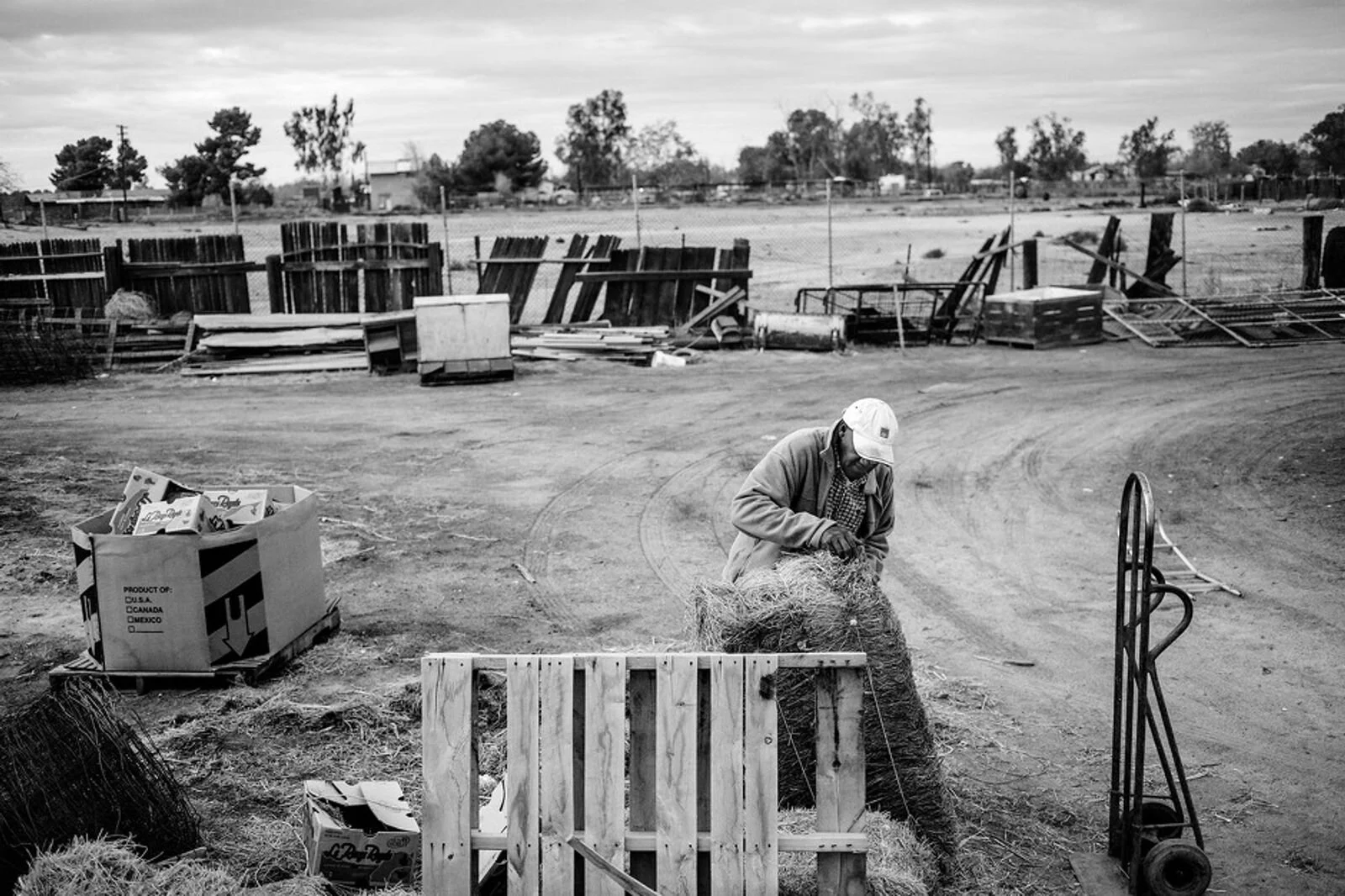Eli Reed and Michael Santiago
Friday, April 7th, 2015 7:30 PM PST
San Francisco Art Institute Lecture Hall
800 Chestnut St, San Francisco, CA 94133
This event is presented in partnership with the San Francisco Art Institute
Former President Jimmy Carter, Village of Danchira, Ghana, 1989
© Eli Reed
About Eli Reed:
Eli Reed has lectured and taught at the International Center of Photography, Columbia University, New York University, and Harvard University. He is currently a Professor of Photojournalism at the University of Texas in Austin. Reed studied pictorial illustration at the Newark School of Fine and Industrial Arts, graduating in 1969. In 1982 he was a Nieman Fellow at Harvard University. At Harvard's Kennedy School of Government, he studied political science, urban affairs, and the prospects for peace in Central America.
Reed began photographing as a freelancer in 1970. In 1988 he became a member of Magnum. His special reports included a long-term study on Beirut (1983-87), which became his first, highly acclaimed book Beirut, City of Regrets, the ousting of Baby Doc Duvalier in Haiti (1986), US military action in Panama (1989), the Walled City in Hong Kong and, perhaps most notably, his documentation of African-American experience over more than twenty years.
Eli Reed: A Long Walk Home has just been published by the Univ. of Texas Press and presents the first career retrospective of Reed’s work.
Stolen Land, Stolen Future
© Michael Santiago
About Michael Santiago:
Michael Santiago is a documentary photographer based between New York and Oakland, CA. Michael’s work focuses on issues concerning people of color and their communities. In his senior year at the San Francisco Art Institute, he is a recipient of the 2015 Alexia Foundation student grant for his project Stolen Land, Stolen Future a body of work focusing on Black farmers of California. His other long term projects A Promise,250 and Michael have also won several awards and news media recognition.
